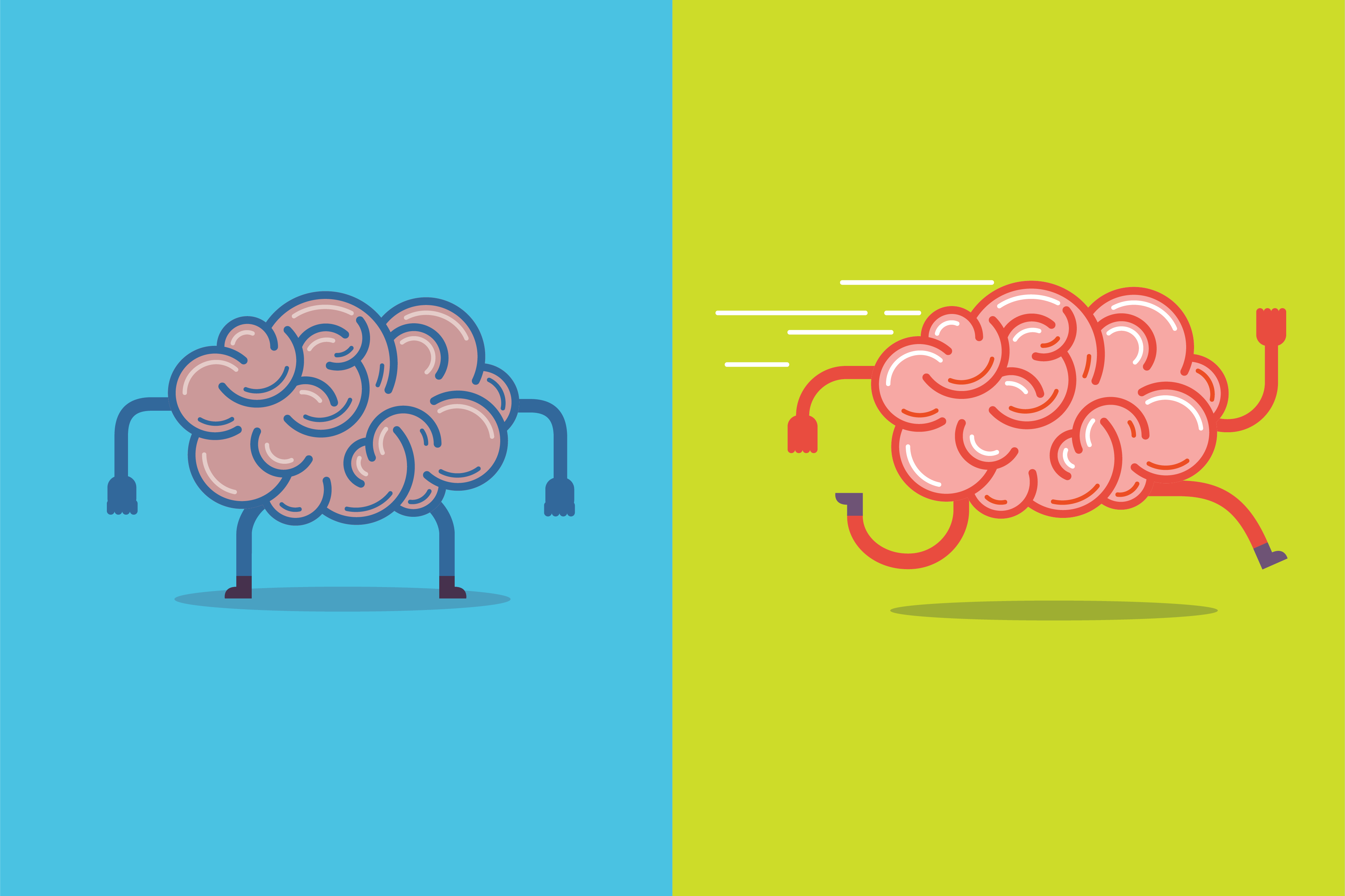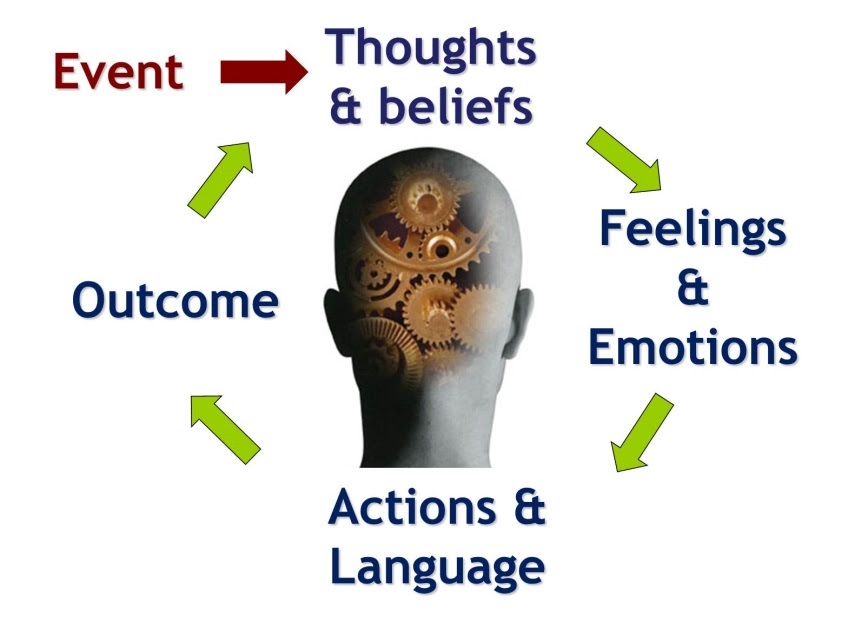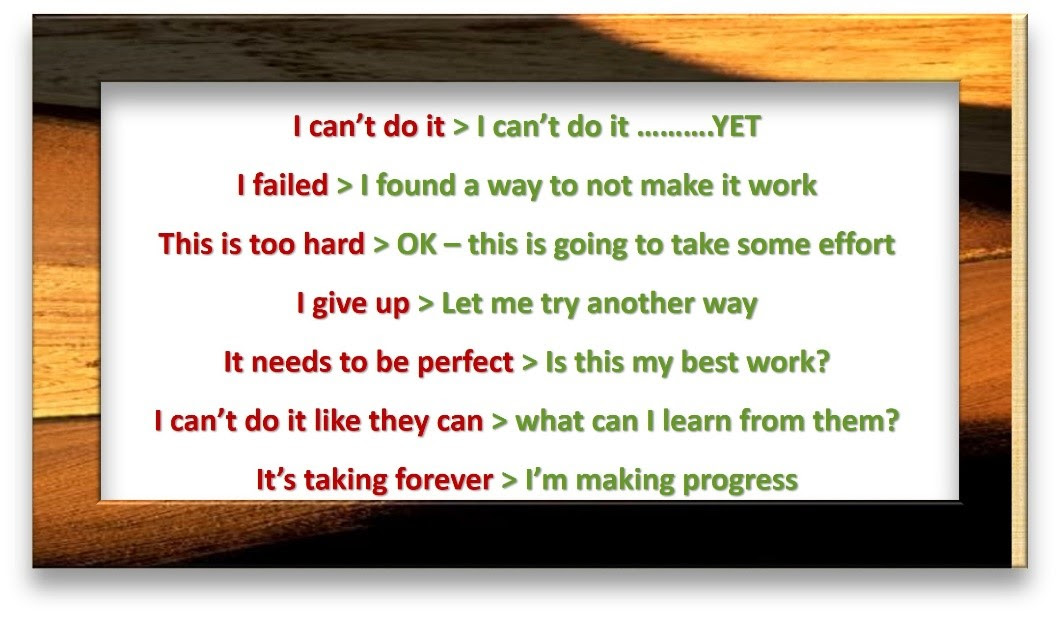
As we move towards the end of another busy year with all the excitement and challenges of ‘the silly season’, it’s a good time to look to how we can manage our thinking and emotions to show up at work and home as the best version of ourselves.
Being able to take a Growth rather than a Fixed Mindset approach might not only help us through Christmas lunch with our ‘interesting’ relatives, but also set us up for a great year ahead.
What do we mean by Growth and Fixed Mindsets?
The concept of Growth Mindset was developed by Dr Carol Dweck of Stanford University. She proposed that skills and abilities can be developed with effort, that they are not set or limited by intelligence and that the way we think directly impacts our outcomes and eventual success.
Let’s use a topical example. A fixed mindset approach might look like “Uncle x is never going to learn to use the new ipad he got” or “I am never going to feel comfortable at Christmas lunch with my sister there” and a growth mindset approach might look like “maybe with a bit of help, Uncle x is going to be skyping us like a pro” or “this is a chance for me to understand my sister better and learn to be comfortable in her presence” .
1 Fact – “Whether you think you can, or you think you can’t, you’re right.” Henry Ford
It’s an often used and somewhat clichéd quote, but we couldn’t think of anything more appropriate to use to open this conversation than that of Henry Ford.
Dweck began her work many years ago studying how children responded to complex problem solving. The kids were given problems a little too difficult to solve for their age and what Dweck discovered was that some children thrived at the opportunity to have a go, they persisted and even if they didn’t solve the problem, were very happy with the effort they made.
A separate group of children gave up as soon as things became too difficult, withdrew and got angry. The first group of children were demonstrating a Growth Mindset and the second set, a Fixed Mindset.
The table below provides examples of attitudes and behaviours displayed when we are adopting either a fixed or growth mindset, so you have the opportunity to reflect on where you sometimes lean towards in certain situations.

3 Insights
1 – We are neither fully fixed nor fully growth mindset – everyone is a mix of both mindsets and can be nudged from one to the other if triggered. Nobody has a growth or fixed mindset about everything all of the time.
We can improve our ability to shift our mindsets by developing our self-awareness to notice which mindset we are in at any given time and we can use strategies to move us to a different mindset. We can also become more conscious of whether we are predominantly more Fixed or Growth mindset focused.
2 – Certain situations or conditions can trigger fixed mindset thinking
A new role can put us into a fixed mindset with the belief that someone else is better placed to perform the role than us – we compare.
Change can shift us into more fixed mindset thinking, examples being beliefs that “we’ll never be able to do this”, “they won’t give us the resources” or “it will never work, it didn’t last time”
Uncertainty can create fear and anxiety which means that our field of vision narrows, we react in automatic habitual ways and we react emotionally to protect ourselves and our positions. We become defensive and shut down and we forget to ‘listen first to understand’.

We can use the skill of reframing our self-talk to look at existing situations or events from a different perspective. This way we can challenge our own limiting thoughts and beliefs and change our thinking, which leads to changing our emotions around the thinking, which leads to changing our actions and ultimately, the results we get.
When we practise reframing, we are training our brains to think differently, to perceive differently and ultimately to act differently i.e. more resourcefully.
Below are some simple, yet highly effective ways, we can change our self-talk and by doing so, shift our mindset to change the outcomes we will get.

4 Tips for Nudging yourself to a Growth Mindset (Plus 6 Bonus Christmas Tips!)
- Celebrate progress over achievement
- Choose to learn from others rather than compare and give up
- Focus on solutions over problems and stop blaming external factors
- Ask yourself – ‘how can I see this situation as an opportunity to learn?’
- Stop trying to be the best and focus instead on being the best version of yourself
- Reflect on how far you have come over worrying about how far you may still have to go
- Good enough is good enough so long as you did your best. You don’t have to be perfect
- Be open to tapping into different opinions if you feel yourself wanting to disagree straightaway (very helpful at Christmas lunch!)
- Reframe failure as a learning opportunity – remember that FAIL is an acronym – First Attempt in Learning!
- If you find yourself over-analysing or being self-critical, remember, you are making progress and congratulate yourself for doing so!
In Summary
Developing a growth mindset is about focusing on potential over intelligence, about encouraging and rewarding ourselves for effort made over targets or goals achieved, about living a life of possibility where the most important word in your vocabulary is YET and celebrate every win, no matter how tiny.
Leave a Reply